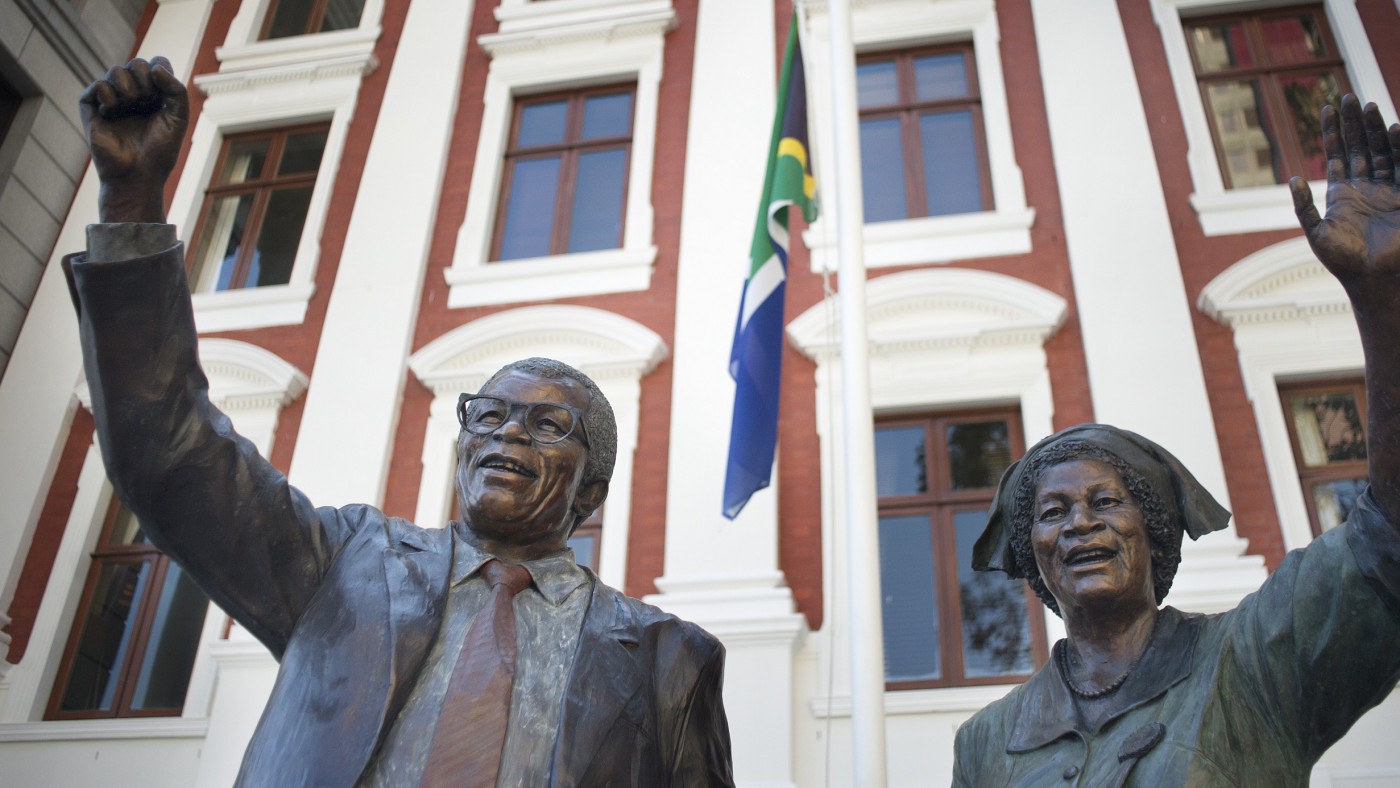One of the most distinguished diplomats of our times has written a very important book. Robin Renwick was not a typical ambassador. Especially after the Suez degringolade, the best British diplomats often exhibited a subtle melancholy. They were helping to manage the affairs of a declining power in a dangerous world. They were usually haunted by Dean Acheson’s cruel dictum, that Britain had lost an Empire but had not yet found a role. Some responded by becoming Euro-fanatics, hoping that post-imperial angst could be subsumed in a united Europe. By the late 1970s, the British Foreign Office seemed to have two choices: federasty and self-doubt.
Then came Margaret Thatcher, a girl with a simple faith. During her long and world-historical premiership, she made many compromises but never lost contact with her inner compass: patriotism and the British national interest. One might have thought that such a simple creed would have put her at odds with the etiolated pessimists of King Charles Street, the FO’s HQ. But she – and they – were fortunate. A number of outstanding diplomats emerged to serve her, all post-Achesonians: all delighted to work for a boss who did not believe in inevitable decline.
The two finest were Robin Renwick and Charles Powell, good friends who worked well together. They had – and have – one characteristic in common. Both possess a huge intellect. Neither is an intellectual. They were not interested in drafting prize essays full of complexities. They wanted to get things done. Robin Renwick came to Margaret Thatcher’s attention during the Lancaster House negotiations over Rhodesian independence. She too liked dispatch of business. She was impressed by his clarity of mind and his relentless desire to cut to the chase.
As the Eighties went on, she became increasingly self-confident in foreign policy. Having identified Mikhail Gorbachov as someone she could do business with, she wondered if there might be a South African equivalent. That is the most dramatic revelation in Lord Renwick’s book. Denis Thatcher enjoyed the old South Africa and had little quarrel with its methods of government. It has been widely assumed that Margaret Thatcher really shared her husband’s opinions, and was only reluctantly persuaded of the need for South Africa to alter course.This book gives an entirely different perspective. She was convinced of the need for radical change and sent Robin Renwick down south in order to help bring it about.
Few if any Ambassadors have ever played such an important role in the politics of the country to which they were accredited. By 1987, when Robin Renwick arrived in South Africa, many Afrikaners knew that fundamental change was inevitable. Everything was delayed, because the then State President, P. W. Botha, was a baffled and authoritarian relic of a previous era. The new British Ambassador’s role was to identify and encourage the next generation. He succeeded.
From the outset, he proclaimed a simple gospel. “Apartheid was unsustainable; it also was unaffordable. The question was not whether it would disappear, but how protracted its death-throes would be, and how much more self-inflicted damage would be done meanwhile.” While the Ambassador was propounding that, his Prime Minister insisted on the need for constructive engagement with South Africa and opposed hypocritical calls for intensified sanctions, from counties who themselves traded with the government which they claimed to hate.
Other personalities illuminate these pages. I had the pleasure of meeting Helen Suzman before the Renwick years. She had kept the lonely flag of liberalism alive in South Africa during the difficult epoch – but anyone who thinks that liberal means wimp should have met Helen. After an hour with her, I said: “Do you know who you remind me of? Margaret Thatcher. Helen bridled and said; “She might take that as a compliment. I’m not sure that I do.” “You should both feel complimented” I replied. A couple of years later, Robin brought them together, and it was a huge success: a most harmonious conjunction of steel and steel.
Lord Renwick also describes the vital contributions of Nelson Mandela and F.W. de Klerk. Anyone naive enough to believe that individuals do not shape history should read this book, repent, and learn wisdom. If you want to understand how and why South Africa changed, start here. It is only 176 pages, ad not in a large format. But I cannot think of such a short book that contains so much information and so much wisdom.
The End of Apartheid – Diary of a Revolution. Robin Renwick, Biteback Publishing, RRP £16.99


